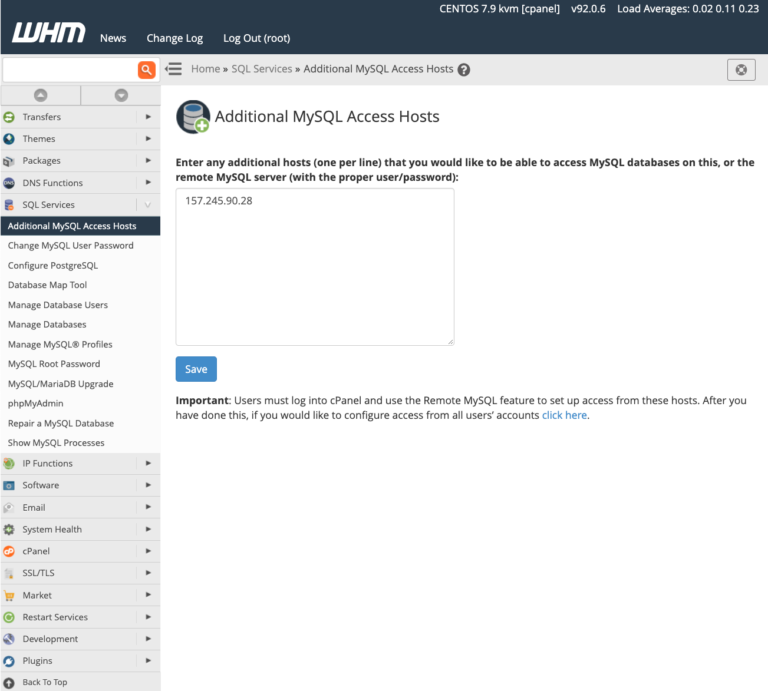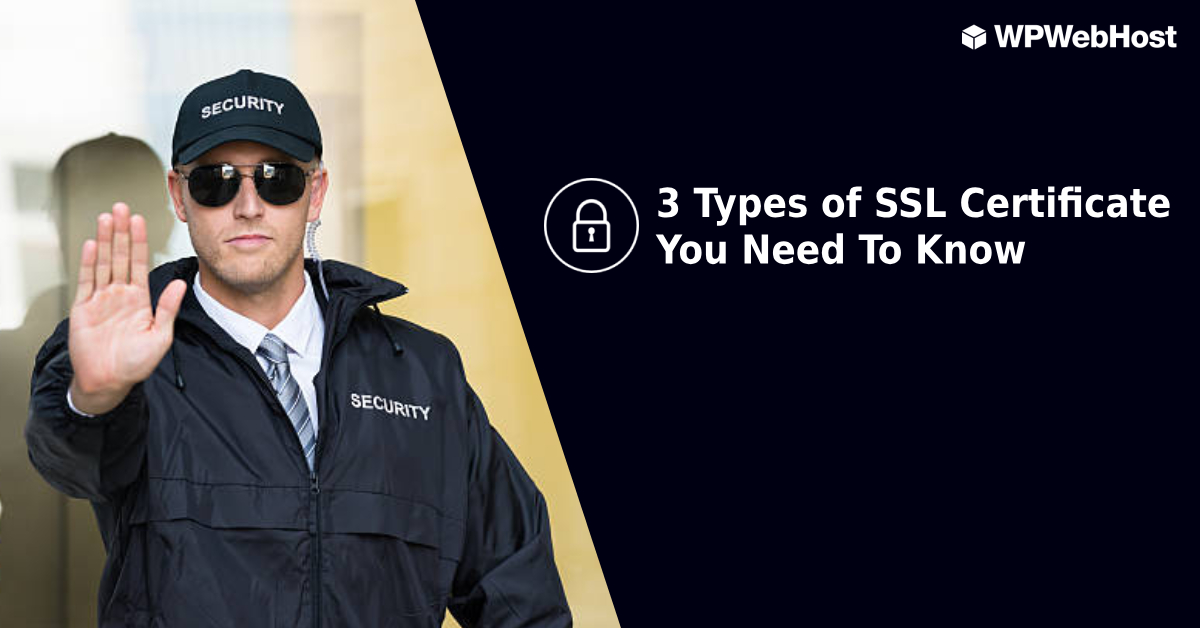
Business owners always have these questions in mind: Should I get an SSL certificate for my website? Which level of certificate is right for my website?
In fact, an SSL certificate not only protects your business, it protects your visitors and customers private information, which in turn greatly boost customer confidence, customer loyalty, repeat visits and repeat sales!
In other words, getting an SSL for your website is like getting an insurance for yourselves (website owner, visitors & customers).
Read on to have a good understanding on the types of SSL certificates available, and which type can benefit your business!
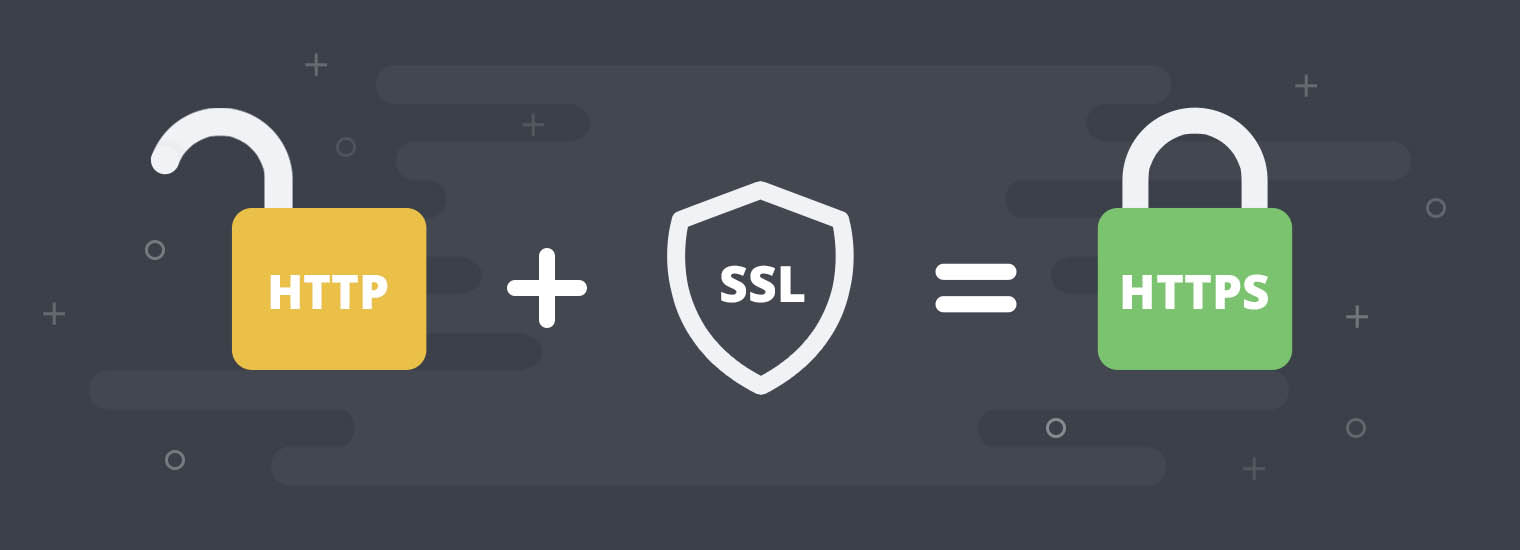
What is an SSL Certificate?
SSL stands for Secure Sockets Layer. It is a security technology that establishes an encrypted link between a server and a client to prevent criminals from getting and modifying any information transferred, including potential personal details or any other sensitive data. For example, a website and a browser; an email server and an email user. SSL certificates help to protect sensitive data such as credit card numbers, username, passwords, IC numbers, social security numbers and more. Many individuals or organizations delayed their adoption on SSL certificate due to lack of knowledge on the importance of SSL certificate.
Why SSL?
By having an SSL certificate on your website, you’re telling your customers/website visitors your website is secure and protected. Customers feel safe to share confidential information and complete transaction on your website because they know it is secure for them to do so. Google has also changed its algorithm to favor websites with SSL in terms of search engine ranking. In other words, HTTPS will be used as an SEO ranking parameter.
Furthermore, the most popular browser in the world, Google Chrome now tells your visitors whether or not your websites is HTTPS or the old HTTP (without SSL). Chrome will immediately warn your visitors if your websites is not secure. When your visitors see the warning sign, it can indeed adversely affect their trust, which in turn your sales. In fact, choosing the right SSL certificate for your website is a balance of cost, convenience, and confidence.
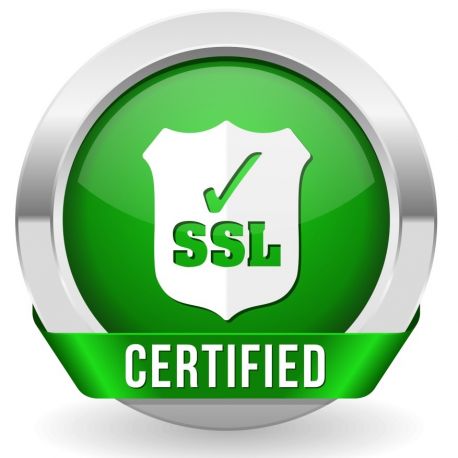
Certificate Types
There are a total of 3 common certificate types, depending on the security level required by your website.
Level 1: Domain Validation (DV Certificate)
This is also known as low secure certificate. This certificate is issued easily as no company information is checked or displayed on the certificate. The Certificate Authority (CA) will issue this certificate to anyone who is listed in the domain name admin contact record.
- Processing Time – A few minutes to a few hours
- Recommended for – Usually for websites that does not have any data transaction. Examples are personal websites or forums that only require login details.
Level 2: Organization Validation (OV Certificate)
Compared to DV, OV is more secure as this certificate requires checking on ownership of the domain name. Besides, the CA will carry out extra examination on the organisation or individual. Information that are included are name, city, state and country. These information will be displayed on the certificate where visitors get to know the ownership of the website.
- Processing Time – A few hours to a few days
- Recommended for – Any businesses or companies that involved less sensitive data transaction.
Level 3: Extended Validation (EV Certificate)
EV certificate has the highest level of security than the previous two. CA will run a rigorous identity verification of the organisation or individual that apply this certificate by confirming their documents with government records. A green padlock will be displayed on your website browser bar together with the name of legitimate website owner and the Certificate Authority that issue the certificate. This will help increase trust of customers and conversions.
- Processing Time – A few days to a few weeks
- Recommended for – All e-commerce sites or websites that involved credit card transactions or other sensitive data transactions.
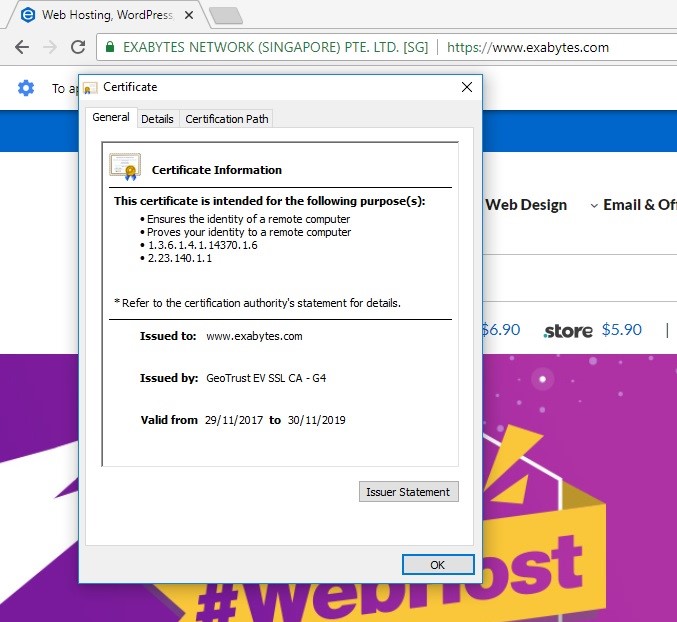
What are the impacts on security?
- Establish secure channel between a browser and a server.
- Protect your data against data sniffing and MITM attacks.
- Authentication certifies the reliability of your domain and business.
- Enhance customer trust.
- Provide easy and secure data transactions.
- Higher ROI for your business.
- Protection against cyber crime.
In a nutshell
Websites with an SSL certificate have a huge advantage in their business as they gain massive customer trust and confidence. Most important of all, no business would want Google to flag their websites and affect their search ranking.
